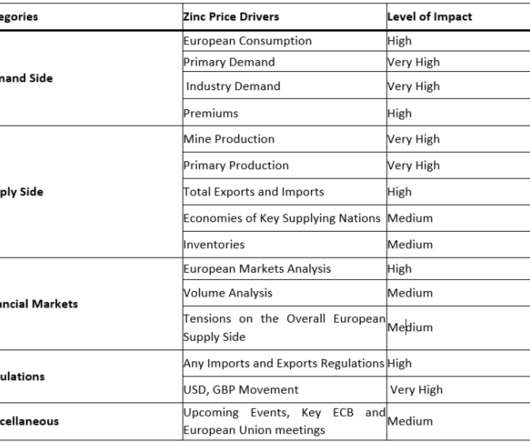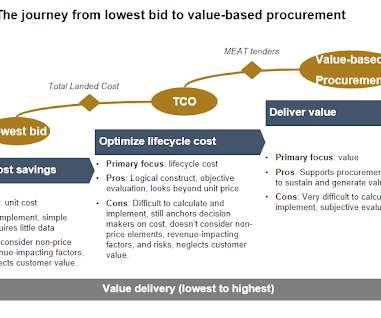A Gameplan for Procurement Transformation
NLPA (Next Level Purchasing Association)
SEPTEMBER 8, 2023
A successful procurement transformation involves a strategic overhaul of processes, technologies, and approaches to achieve greater efficiency, cost savings, risk management, and value creation. Automation increases efficiency and reduces errors, leading to faster and more accurate procurement cycles.












Let's personalize your content